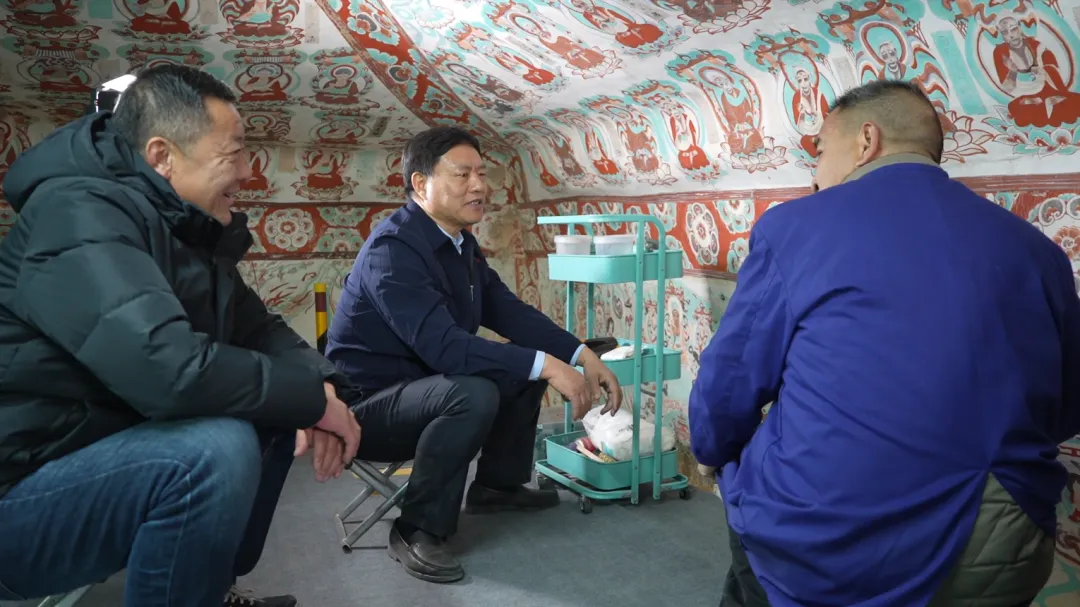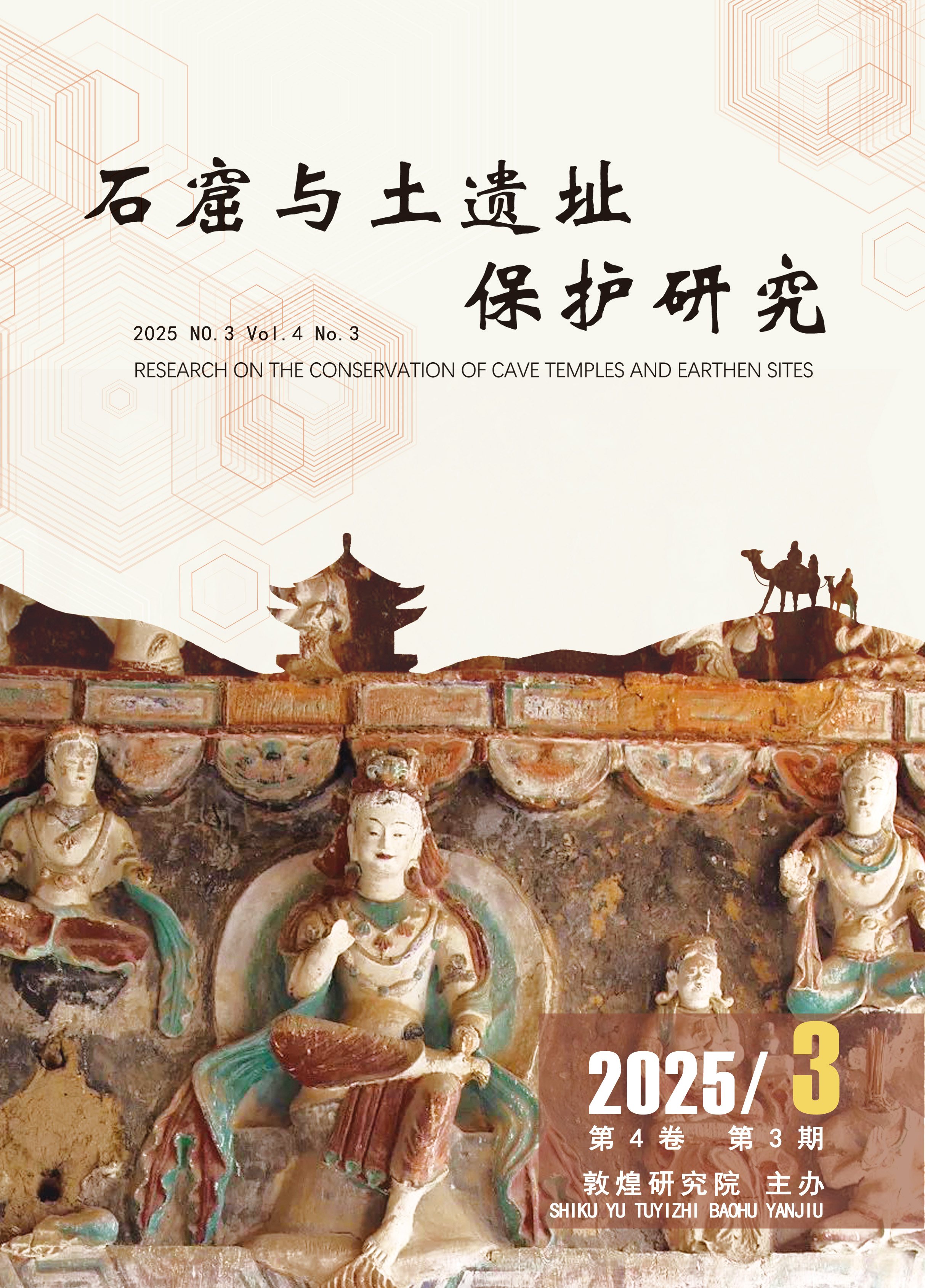During the National People's Congress and the Chinese Political Consultative Conference (NPC & CPPCC), the protection of cultural heritage emerged as a key focus among representatives and committee members. National People’s Congress (NPC) representative Wang Wanfu from the Dunhuang Academy offered insights on advancing systematic cultural relic preservation and inheriting Chinese civilization. He highlighted three critical areas: international collaboration in heritage protection, ecological conservation, and talent development, aiming to drive comprehensive safeguarding of cultural heritage.

Representative Wang Wanfu introduced that the Dunhuang Academy has pioneered breakthroughs in technologies such as the Grotto Monitoring and Early Warning System, digital restoration of murals, and desalination and desiccation restoration. These innovations have formed an effective scientific framework, continuously contributing "Dunhuang Experience" to the high-quality development of cultural relic preservation and offering a global model for heritage protection. This ensures the enduring global appeal of the millennium-old grottoes. Wang proposed launching the "Dunhuang Cultural Heritage Protection International Big Science Program," which would unite universities and nations along the Belt and Road to establish a global cooperation network and promote the digital repatriation of Dunhuang artifacts scattered overseas.
Located on the edge of the Kumtag Desert, Dunhuang faces ecological fragility and potential threats from desert encroachment. "The ecological environment and cultural heritage protection in Dunhuang are deeply intertwined. Initiatives like sand prevention, desertification control, and microbial mitigation not only improve the ecosystem but also provide robust support for heritage preservation," Wang emphasized. Accordingly, he plans to submit proposals this year on enhancing Dunhuang’s ecological conservation.
Talent serves as the cornerstone of cultural relic preservation. Wang stressed the urgency of addressing gaps in talent cultivation to meet the demands of the field. To strengthen the talent pipeline, he proposed expanding university programs in cultural heritage conservation, increasing enrollment for master’s and doctoral degrees, and integrating apprenticeship models with traditional education to nurture interdisciplinary professionals. Additionally, he advocated optimizing incentive mechanisms, broadening career advancement pathways, improving compensation, and fostering public participation through donations, volunteer services, and other forms of engagement to attract more youth to the cause. By addressing these dimensions—global collaboration, ecological resilience, and talent empowerment—Wang’s proposals aim to safeguard cultural heritage as a living legacy for future generations.
(Text/Picture:LIU Yang)

2022年创刊,季刊
主管单位:甘肃省文化和旅游厅
主办单位:敦煌研究院
编辑出版:Research on the Conservation of Cave Temples and Earthen Sites
主编:苏伯民
ISSN 2097-1370
CN 62-1222/K

Postal Subscription Number
